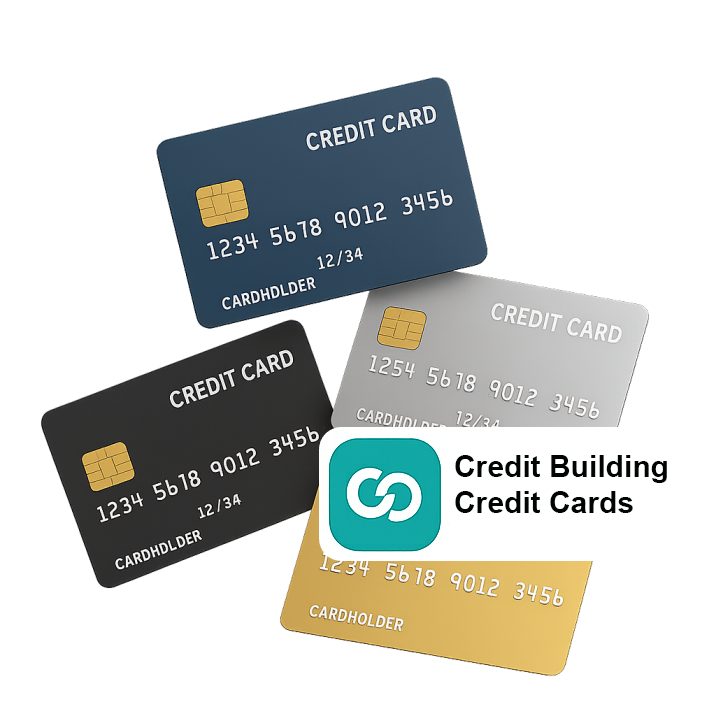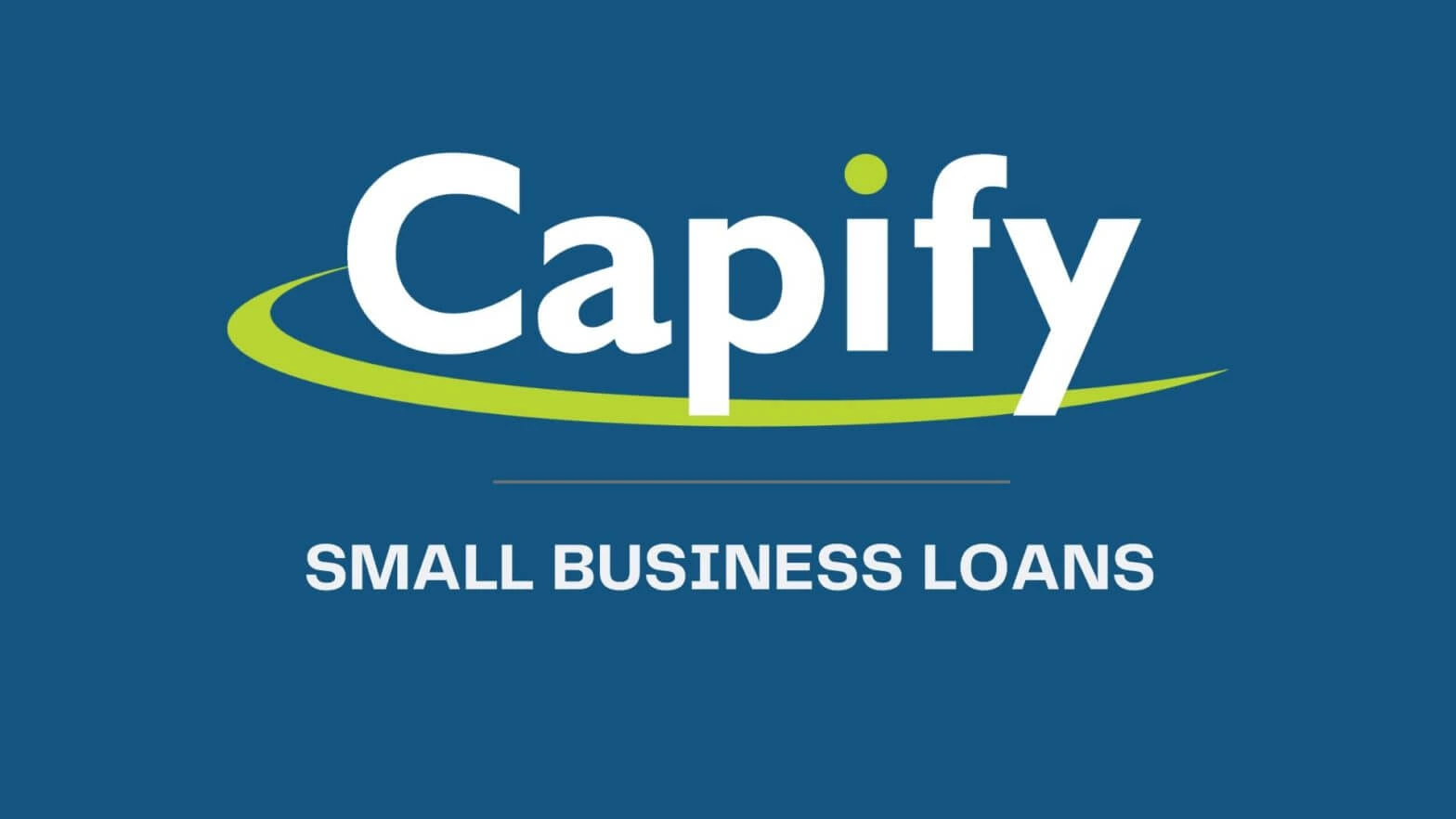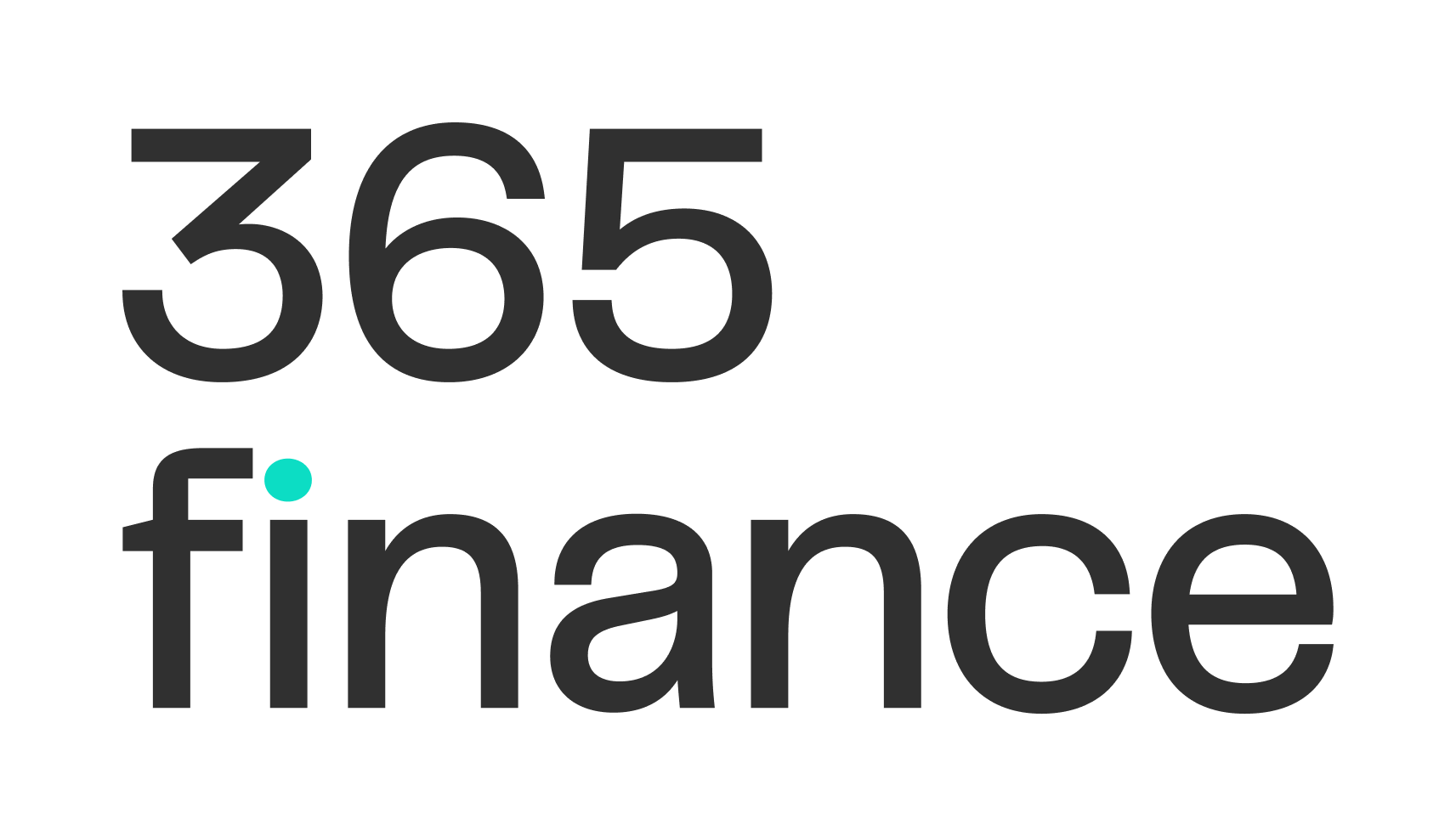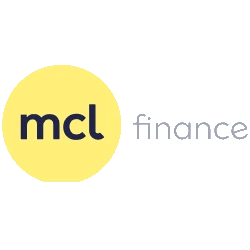The fundamental mechanism behind credit building credit cards lies in their reporting system to credit reference agencies. Each month, your payment history, account balance, credit utilisation, and overall account management are reported to the major credit bureau (aka credit reference agency (CRA)). This consistent reporting creates a track record of your financial behaviour that gradually influences your credit score, though this process involves significant risks if not managed properly.
When you make payments on time, keep your balance low relative to your credit limit, and manage the account responsibly, these positive behaviours are recorded and may help improve your credit score over time. However, the improvement process typically takes several months to become noticeable, with most people seeing changes in their credit score after three to six months of consistent responsible usage. There is no guarantee of credit score improvement, and inadequate management can cause further damage.
Your credit utilisation ratio plays a crucial role in this process, but it also presents significant challenges. This ratio represents the percentage of your available credit that you’re currently using. Credit experts generally recommend keeping this ratio below 30% of your credit limit, though lower percentages often produce better results for your credit score. With the modest credit limits typical of credit building cards, maintaining low utilisation requires careful spending management and can be difficult to achieve.
The reporting process works both ways, meaning that missed payments, over-limit charges, or other negative account behaviours are also reported to credit reference agencies. This makes responsible management essential, as any negative marks can remain on your credit file for up to six years and may undo any positive progress you’ve made. The risks of further credit damage are substantial and must be carefully considered.






































